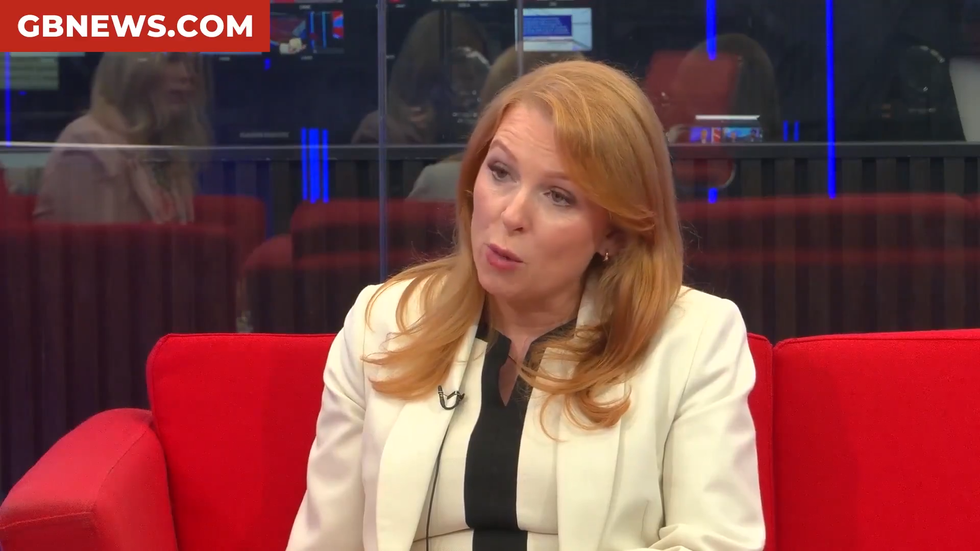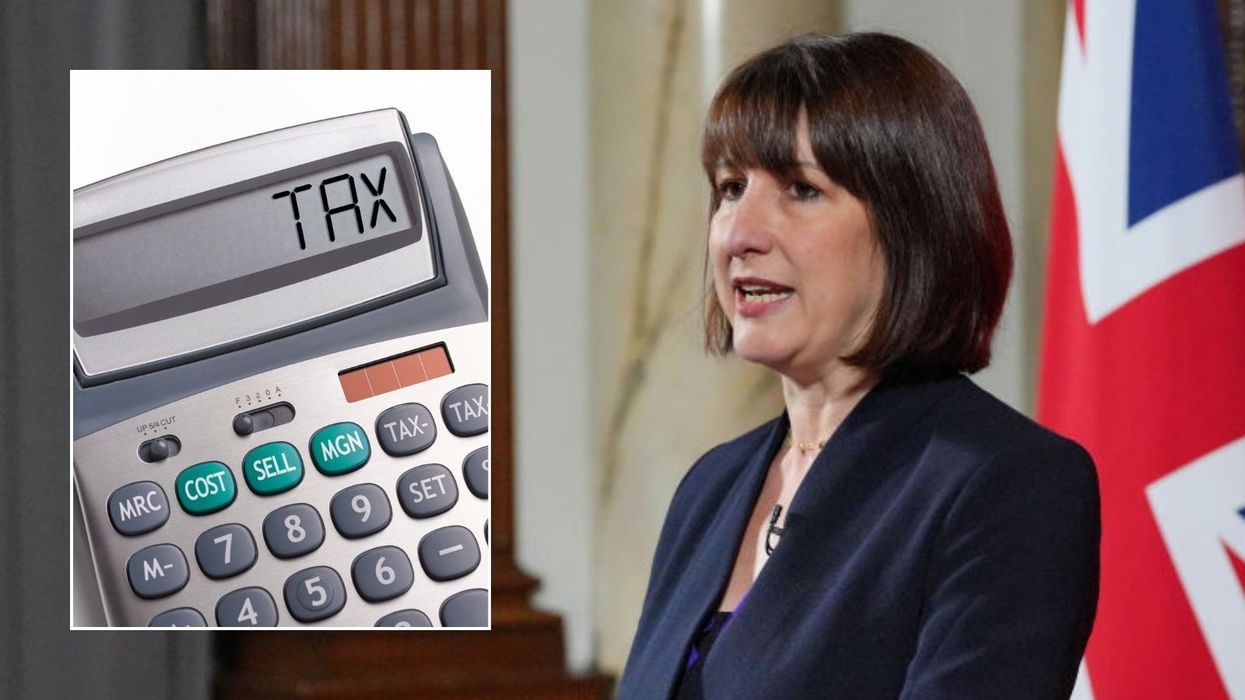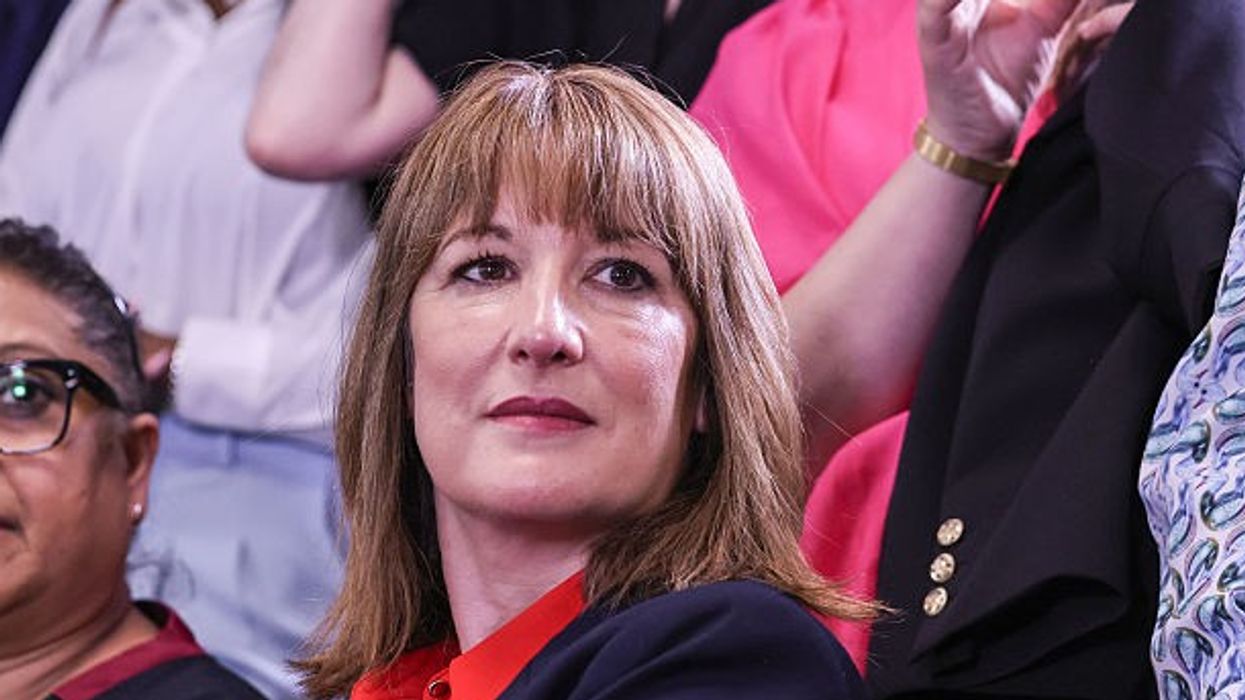The legislation was introduced to the Scottish Parliament last month, with Ash Regan hoping it will pass before next year's Holyrood election
Don't Miss
Most Read
Trending on GB News
Member of Scottish Parliament Ash Regan has launched legislation to decriminalise those selling sex whilst criminalising buyers, winning backing from a United Nations expert on violence against women.
The legislation was introduced to the Scottish Parliament last month, with Regan hoping it will pass before next year's Holyrood election.
Speaking to GB News, Regan cited Germany and the Netherlands as cautionary examples of failed decriminalisation policies.
Regan told The People's Channel: "I can see why politicians thought that this might be a good idea. It sounds like it might work, it allows people be in a union or to have some sort of legal protections, but in reality it doesn't work."

Regan cited Germany and the Netherlands as cautionary examples of failed decriminalisation policies
GB NEWS
"Under the set of laws I'm proposing, people would still be able to sell sex, if that’s what they choose to do and they themselves would be decriminalised.
"Because, at the moment, women selling sex can still be criminalised in practice in Scotland. The Scottish police don’t typically do that.
"They seem to agree with the now widely accepted view that many of the people involved in selling sex are, in fact, victims."
LATEST DEVELOPMENTS:
- Six key members of one of Britain's worst grooming gangs released from prison early
- More than 1,000 grooming gang suspects investigated by Greater Manchester Police as part of 59 separate probes
- Police force FINALLY investigates over 1,000 grooming gang suspects after apologising for decades of failure
She explained further: "The typical profile we often see is young women who have been through the care system which will resonate with those familiar with the Asian grooming gangs scandal.
"Many have been subjected to sexual violence in the home as children or they come from highly chaotic backgrounds. So the idea that this is a freely made choice for most women doesn’t align with what we actually see."
She continued: "Those from deeply vulnerable backgrounds, or victims of trafficking. Current estimates suggest around 60 per cent of people in prostitution have been trafficked.
"For those who don’t understand what that looks like: these women often have their documents taken away from them and are kept under near-constant surveillance.
The Prostitution (Offences and Support) (Scotland) Bill, dubbed the "Unbuyable Bill", received support on Friday from UN special rapporteur Reem Alsalem, who said the proposals were "in line" with recommendations she made to the UN Human Rights Council last year.
Alsalem, whom Regan described as "the leading voice globally in eradicating violence against women and girls", had previously called the MSP's statement to the Criminal Justice Committee a "must listen".
"I fully support Ash Regan's Proposed Prostitution (Offences and Support) (Scotland Bill) as it is in line with the recommendations I made in my 2024 report on prostitution and violence against women and girls to the Human Rights Council and the report on my 2024 visit to the United Kingdom and Northern Ireland," Alsalem said.

The legislation was introduced to the Scottish Parliament last month, with Regan hoping it will pass before next year's Holyrood election
GB NEWS
Regan welcomed the UN expert's backing as "extremely welcome" and urged fellow MSPs to "take note of the voice of the UN special rapporteur when she says that only the route proposed in the Unbuyable provides an effective framework for ending the exploitation and violence that women are subjected to in prostitution".
The Scottish Government has expressed reservations about the proposed legislation, with community safety minister Siobhian Brown highlighting "significant and deep concerns" in a letter to the Criminal Justice Committee.
Brown noted that whilst the government backed the "underlying intent of the Bill to challenge men's demand and to tackle commercial sexual exploitation", there remained "significant questions and concerns regarding the measures within the Bill and how they would work in practice".






































